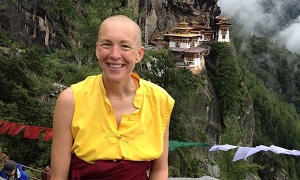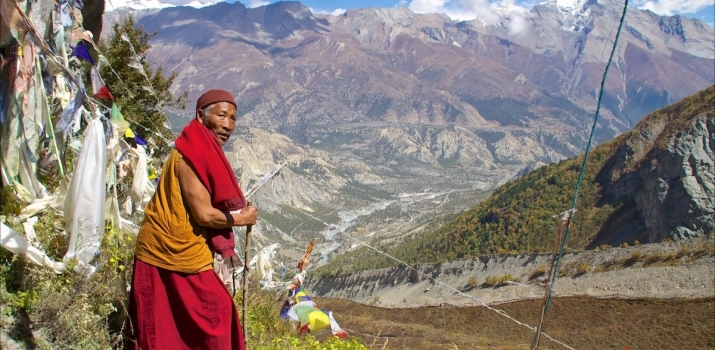They delight in it, giving up all traces of sensuality
The wise clean themselves, throwing out their defilements.
And thoroughly develop the enlightenment factors.
Giving up their seizings, are not attached.
The bright ones without desires for this world, are extinguished.



 Gyosen Asakura performs a “techno hoyo” ritual in Fukui. He said he hopes that the ritual will invoke the Buddhist version of paradise in each attendee. (The Japan News/File)
Gyosen Asakura performs a “techno hoyo” ritual in Fukui. He said he hopes that the ritual will invoke the Buddhist version of paradise in each attendee. (The Japan News/File)

.jpg)












